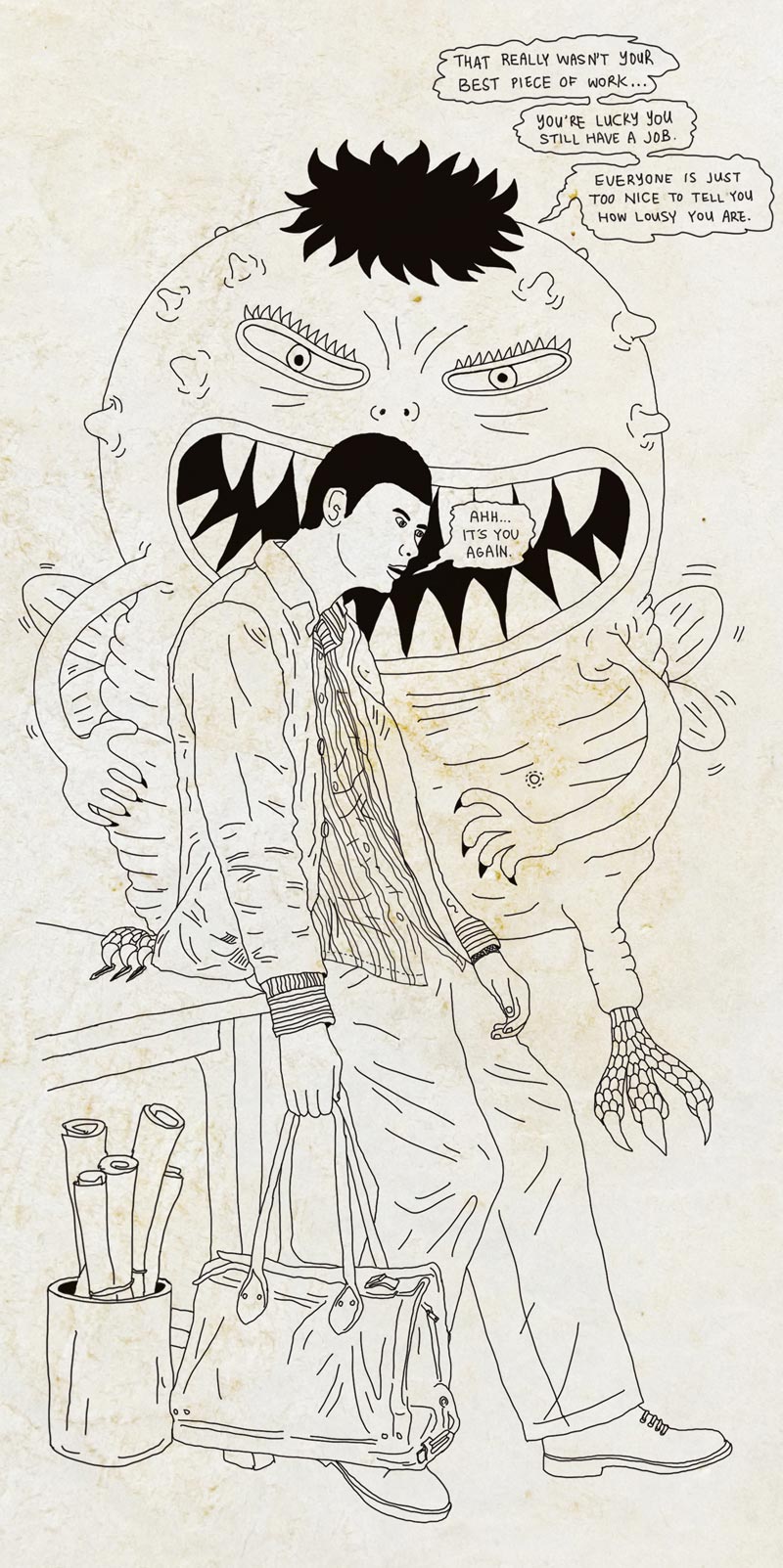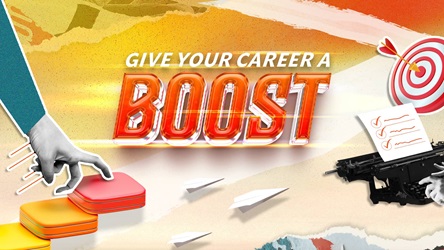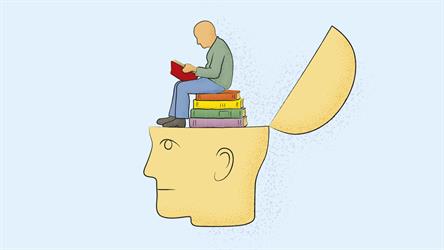The Perks Of Feeling Inadequate: The Imposter Syndrome

Self-doubt has often been considered a barrier to success. Just ask the motivational speakers who exalt the importance of believing in one’s own abilities.
But is self-confidence indispensable for doing well? Many high-achievers — Nobel Prize laureates, Grammy award winners, the World Health Organization chief, and others — have expressed feeling incompetent despite their accomplishments. They often feel undeserving of their accolades, they say.
There is also the nagging fear of being exposed as frauds. Acclaimed American poet and author Maya Angelou has said: “I have written 11 books, but each time I think, ‘Uh oh, they’re going to find out now. I’ve run a game on everybody, and they’re going to find me out.’”
So if you ever had a similar experience with your inner critic, you are not alone. This persistent feeling of inadequacy, the belief that you have somehow fooled others into thinking you are more talented and capable than you really are, was termed “the impostor syndrome” (also “the impostor phenomenon”) by psychologists Pauline Clance and Suzanne Imes in 1978.
Researchers are divided on the causes. Some have linked it to unrealistic family expectations or perfectionism. But many note that the syndrome is most common among high achievers.
While high levels of fear and self-doubt can be paralysing, moderate doses of feeling incompetent could serve as motivation for improvement.
The best way to deal with negative impostor feelings, argues Molly Fischer, a senior editor at New York Magazine, is to treat them as a “source of energy” and a reminder that “there’s a better version of yourself you ought to try to be”.
Financial planner Carl Richards, who contributes money-related sketches and articles to The New York Times, still experiences impostor syndrome — even with six years’ worth of bylines under his belt. He has learnt to embrace his feelings of inadequacy, which he thinks stem partly from “a natural sense of humility about [one’s] work”. The point is to acknowledge the self-doubt, but never let it stop you from getting to work, he writes in the newspaper.
So instead of trying to silence your inner critic whenever it rears its head, use it as a springboard to become even better.
- POSTED ON
Mar 14, 2016
- TEXT BY
Tay Qiao Wei
- ILLUSTRATION BY
Mushroomhead
-
Work Better
Think Differently And Make Things Happen









